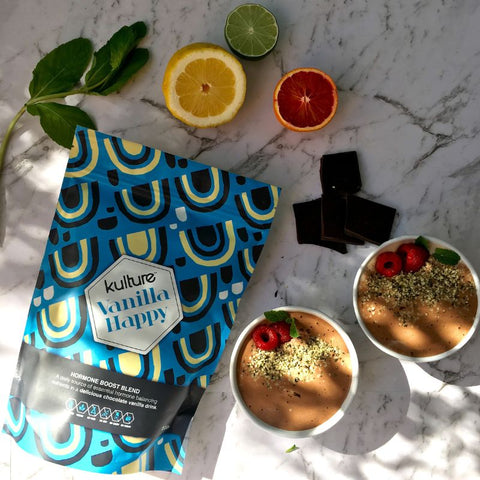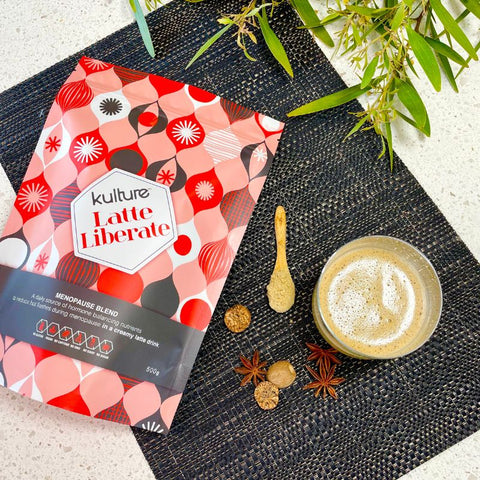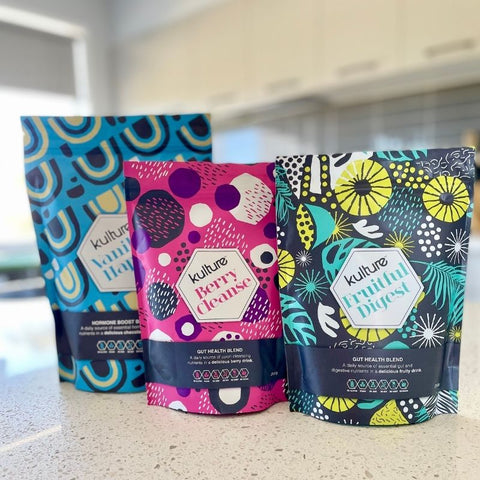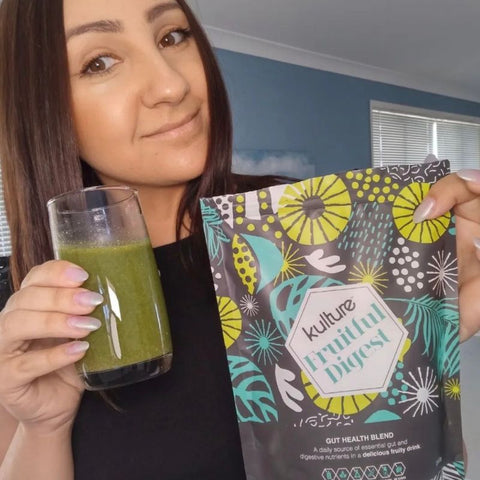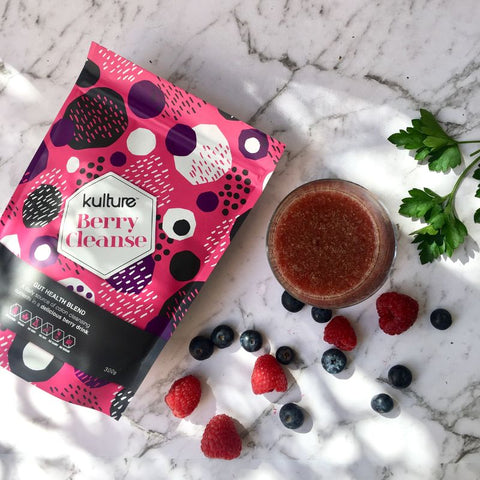It’s hard to be diagnosed with diabetes. You find yourself with a disease that you’ll be spending the rest of your life managing. But the hardest challenge in having diabetes is having very limited food choices.
There is a flurry of sweet treats out in the market. These are often things that make us happy, like ice cream and chocolate. Or things that are convenient, like bread and cereals. Seems like everywhere we turn, sugar is always present. Now. we all know the paradox that too much of a good thing can be bad for you. The challenge is how to regulate our sugar intake when all of these yummy and convenient food is just within our reach. We turn to sugar substitutes, of course.
People who are trying to eat healthier or are trying to manage their blood sugar levels have always been on the lookout for sugar free treats. It has to be natural and it has to be low calorie.
Right now, the hottest word in sugar substitutes is Stevia.
Stevia is a zero calorie, completely natural sweetener that is extracted from the leaves of the Stevia rebaudiana plant native to Brazil and Paraguay. The extract is believed to be 200x sweeter than sugar and is mainly used as a sugar substitute.
Using Stevia is a smart strategy in reducing the amount of sugar we consume, especially for those concerned about their insulin levels. Why? Apparently, Stevia is special. It doesn’t act like normal sweeteners do. Here’s how...
Stevia’s natural sweetness comes from glycosides called stevioside and rebaudioside. These compounds also help prolong Stevia’s shelf life. But aside from bringing sweetness and acting as a natural preservative, the stevioside component does something extra. Stevioside is a non-carbohydrate glycoside compound. When it breaks down, glucose-containing particles are absorbed by the bacteria in the colon, rather than being absorbed into the bloodstream to spike glucose levels in the body. So, it adds extra flavour to your food without affecting your blood sugar levels, and for fewer calories, too!
Stevia also has anti-hyperglycemic, antihypertensive, and anti-inflammatory properties. Studies show that Stevia can even lower blood sugar levels in people with diabetes. It also benefits people with hypertension since it can decrease blood pressure by 6 to 14%. Furthermore, studies show that Stevia can help relax blood vessels and act as a diuretic to encourage the release of sodium from the body. This puts less stress on the cardiovascular system. Stevia can also help lower LDL cholesterol and triglycerides, and increase HDL cholesterol.




